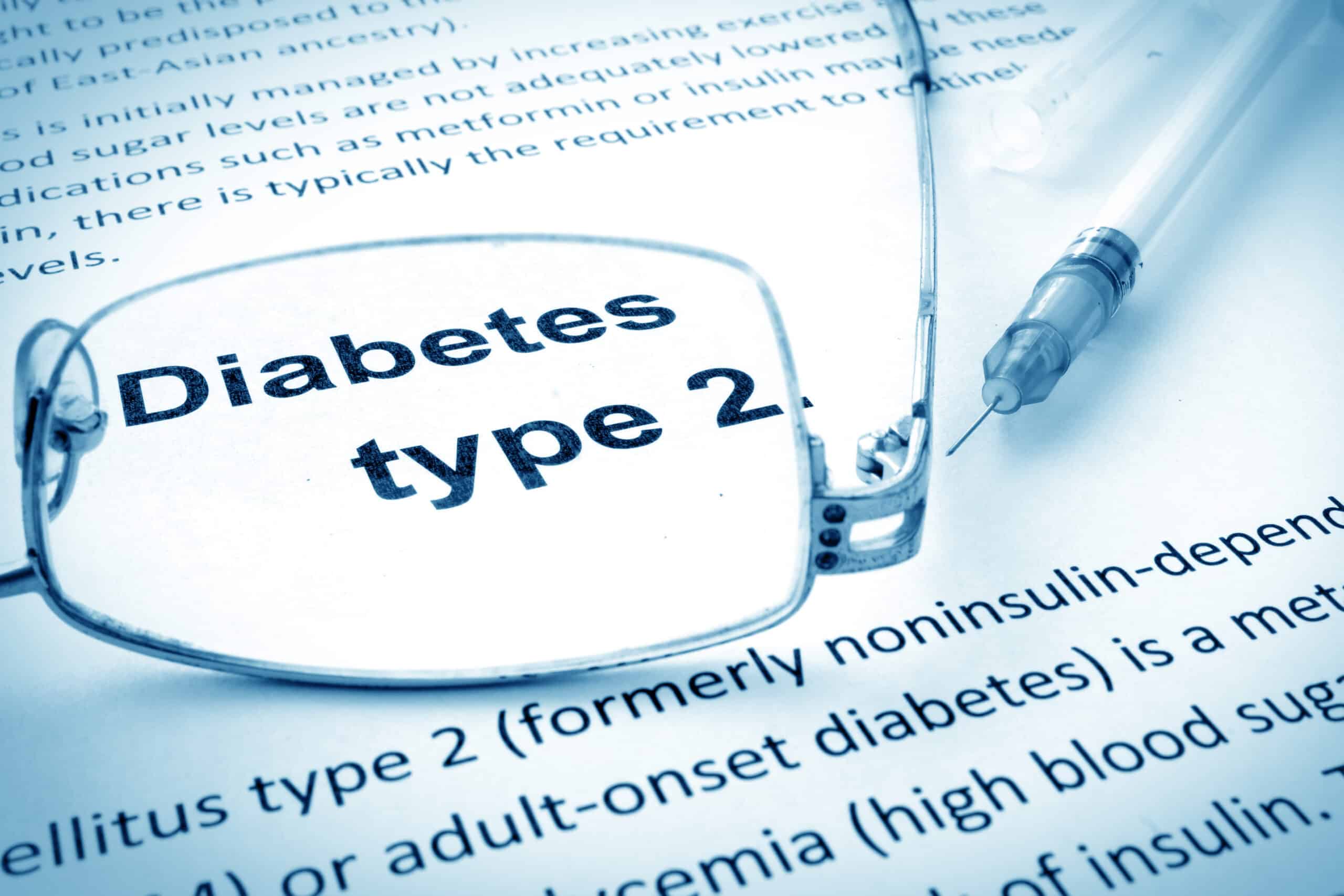In type 2 diabetes the body either doesn’t not produce enough insulin or doesn’t respond to the hormone which regulates levels of sugar in the blood; lifestyle changes and certain medications may help to manage insulin levels and control diabetes, but there is no cure.
Working in collaboration researchers from the University of British Columbia and the Karolinska Institute investigated the role of a specific protein in fat cells called glycoprotein CD248 and how it may influence WAT and the eventual development of T2D, which was previously associated with tumor growth and inflammation, but it had not been investigated from possible roles in T2D.
Gene expression was analyzed in white adipose tissue from humans who were obese, thin, had type 2 diabetes, and those that did not have type 2 diabetes. Those who were insulin resistant or had obesity were found to have unregulated CD248 genes, meaning the body was making more of the protein which brought about the conclusion of CD248 may work as a marker of insulin sensitivity that is more sensitive than other current methods.
Subsequent studies wherein the activity of CD248 was artificially reduced in human WAT cells led to the conclusion of CD248 in WAT plays a role in cellular processes that can lead to insulin resistance caused by long term overconsumption of energy, and it was found that CD248 is involved in how cells respond to hypoxia which is a hallmark of obesity.
In experiments with mouse models lacking genes that code for CD248 in their WAT the mice were found to be protected from developing insulin resistance to type 2 diabetes. These mice didn’t develop T2D even when fed high fat diets and became obese; animals with reduced CD248 in their fat cells were not observed to experience any adverse events which suggests targeting the protein may be a useful therapy.
“A most interesting finding was that the insulin sensitivity of mice that already have diabetes can be improved by reducing CD248 levels in the fat cells, even while they remain obese. While these discoveries are exciting, we are still some distance from a new treatment. Our immediate goals are to understand how CD248 works so that safe and effective drugs that reduce the protein’s levels or that interfere with its function can be designed.” says Dr. Edward Conway.




